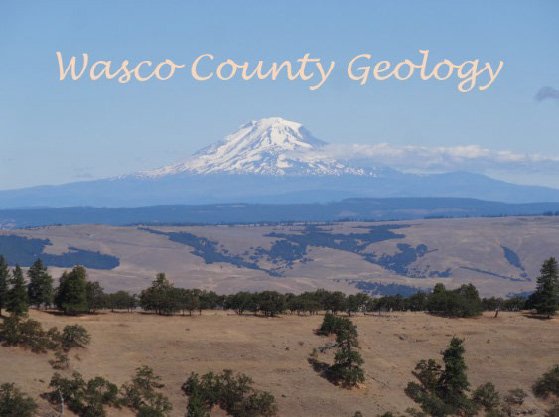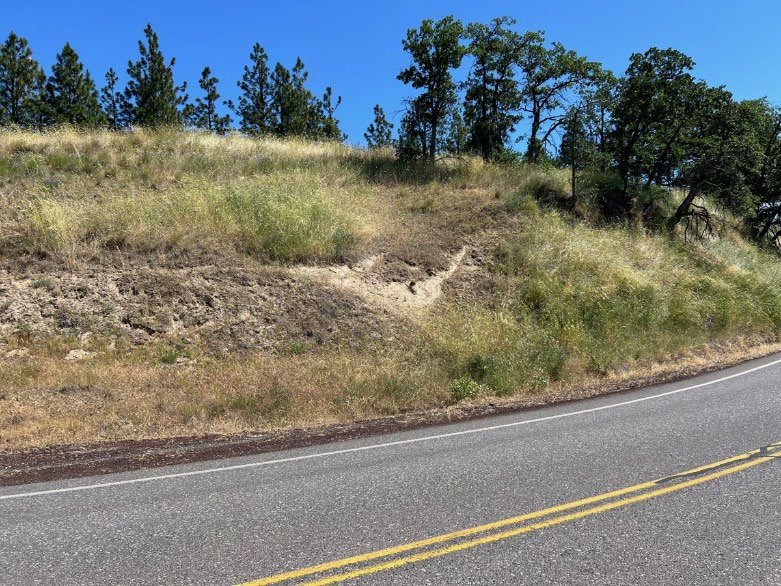President Sheila Alfsen Emphasizes Historic Connection to PSU
/Seventy-Ninth Annual GSOC Banquet, Sunday, March 16, 2014 (Part 1)
After outgoing GSOC President John Piccininni gave his farewell address, President Sheila Alfsen was presented with the GSOC memorabilia- the pick axe, gavel and the copy of The Two Islands by Thomas Condon that each GSOC president has signed since GSOC’s inception. Sheila then introduced the 2014 board members.
During her inaugural address, Sheila stated that she was pleased and honored to be a part of GSOC because of its rich history of fostering geologic interest and supporting geologic study in the Pacific Northwest. As such, her goal as president was to maintain and continue what we have been doing well for nearly 80 years.
There were a few additional items that Sheila wanted to address as president. She feels the need to reaffirm and strengthen our association with Portland State University, an objective which has been nicely initiated, thanks to the efforts of Vice President Janet Rasmussen. Janet has lined up PSU professors as GSOC speakers as well as introducing herself and GSOC to student geology clubs. Sheila also expressed that she has seen the need for geology to be introduced to high school students and would like GSOC to reach out to local schools.
Finally, in light of our 80th anniversary approaching, Sheila asked us to take a look back in time when GSOC was started in 1935 and the vision that Edwin Hodge had. At that time, Alfred Wegener’s proposal of Continental Drift has only been published in the United States for barely a decade, and it would be another 40 years before it would cease to be ridiculed and taken seriously and developed as the modern theory of plate tectonics.
When GSOC was started, the focus of geology was to map the territory and find mineral resources. Here, 80 years later, the need for geologic education is no less relevant, for today we grapple with geologic hazards and the continuing need to conserve and manage the natural resources. As our environmental problems become global in today’s world, the need to educate and interest people in geology is every bit as important as it was in our beginning.

























































